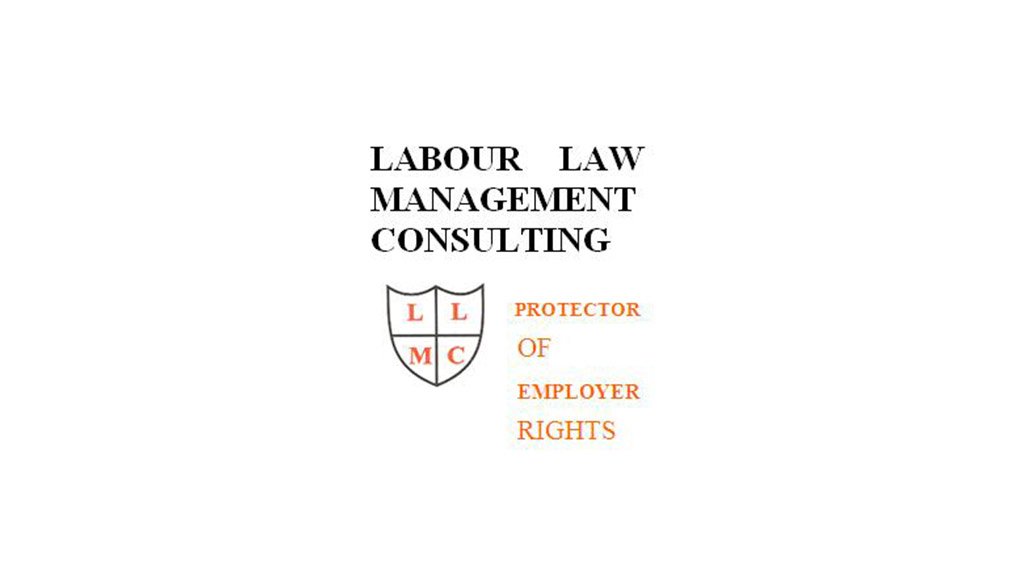The Labour Relations Act (LRA) does not define the term ‘employer’ but does place heavy obligations on the employer by dictating that, for example, a dismissal is unfair if the “employer” fails to prove the dismissal was for a fair reason or was affected in accordance with a fair procedure [Section 188(1)]
Frequently, it is difficult to establish who is to be held liable for an unfair dismissal. Questions that are often raised include: Is the employer the contracting company or the contractor’s client? Is it the labour broker or the entity that makes use of its services? Is the closed corporation the employer or is it the members of the cc? Is it the subsidiary company or is it the holding or parent company? The answers to these questions are not always clear cut.
What would have happened however, if the shareholder had been cited as a co-respondent at the CCMA and if he had been found to have committed an improper act. It is possible that the Court would have allowed the CCMA to look beneath the corporate veil for the person responsible.
In the case of Footwear Trading cc vs Mdlalose (2005, 5 BLLR 452) the employee was dismissed and won an award from the CCMA for compensation. The award was made against the employer, Fila (Pty) Ltd a company closely associated with Footwear Trading. The employee applied to the Labour Court for an order to make the CCMA’s award an order of court. Fila told the Court that it was dormant and that Footwear Trading had taken over certain of its assets. The employee also sought an order declaring Fila and Footwear Trading to be co-employers and therefore jointly and severally liable. Footwear denied that it was joined to Fila claiming that it merely carried out administrative tasks for Fila. The Labour Court rejected this and declared the two companies jointly and severally liable for the compensation payment due to the employee.
Footwear Trading then appealed against this decision to the Labour Appeal Court which found that:
- The LRA does not define “employer” and that therefore the definition of this term must be derived from the definition of an “employee” which is someone who provides services. An employer is therefore a person who “receives services”.
- Legal personality may be disregarded where a corporation is a mere alter ego or conduit for another person
- Footwear Trading was in control of the business even if it was a separate legal entity and not technically the employer.
- Footwear Trading was confirmed to be jointly liable for payment to the employee of compensation and the appeal was therefore dismissed.
The above is a warning to employers that the use of subsidiaries, associate companies and other surrogates for purposes of avoiding labour law obligations is extremely risky. It is far wiser to utilise available labour law expertise to ensure that the law is properly complied with so as to make ducking behind technicalities unnecessary.
Written by Ivan Israelstam, Chief Executive of Labour Law Management Consulting. He may be contacted on 0828522973 or on e-mail address: ivan@labourlawadvice.co.za.
To attend our 15 June seminar in Johannesburg on OVERCOMING THE STRIKE MENACE please contact Ronni via ronni@labourlawadvice.co.za or 0845217492.
EMAIL THIS ARTICLE SAVE THIS ARTICLE ARTICLE ENQUIRY
To subscribe email subscriptions@creamermedia.co.za or click here
To advertise email advertising@creamermedia.co.za or click here











